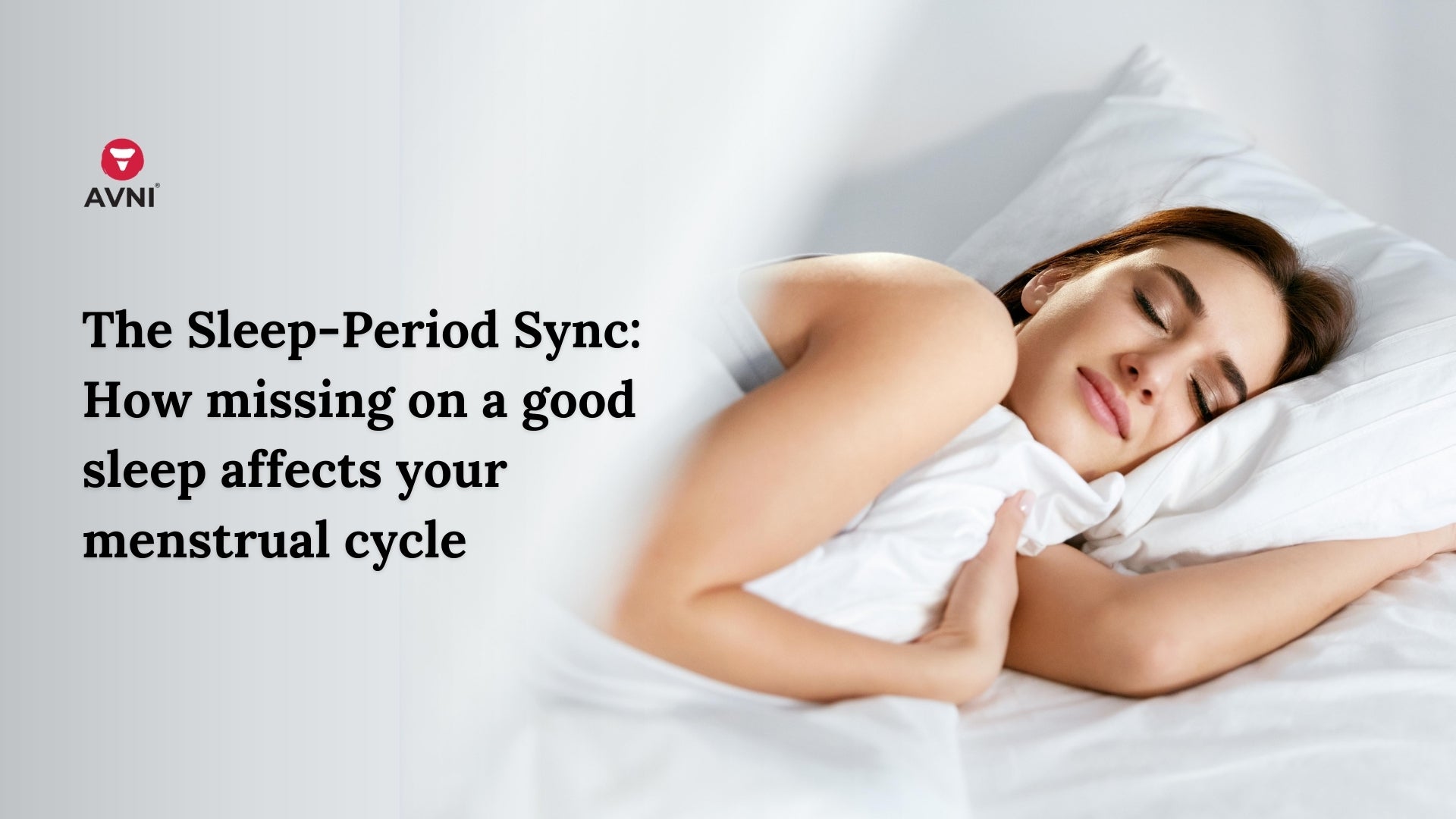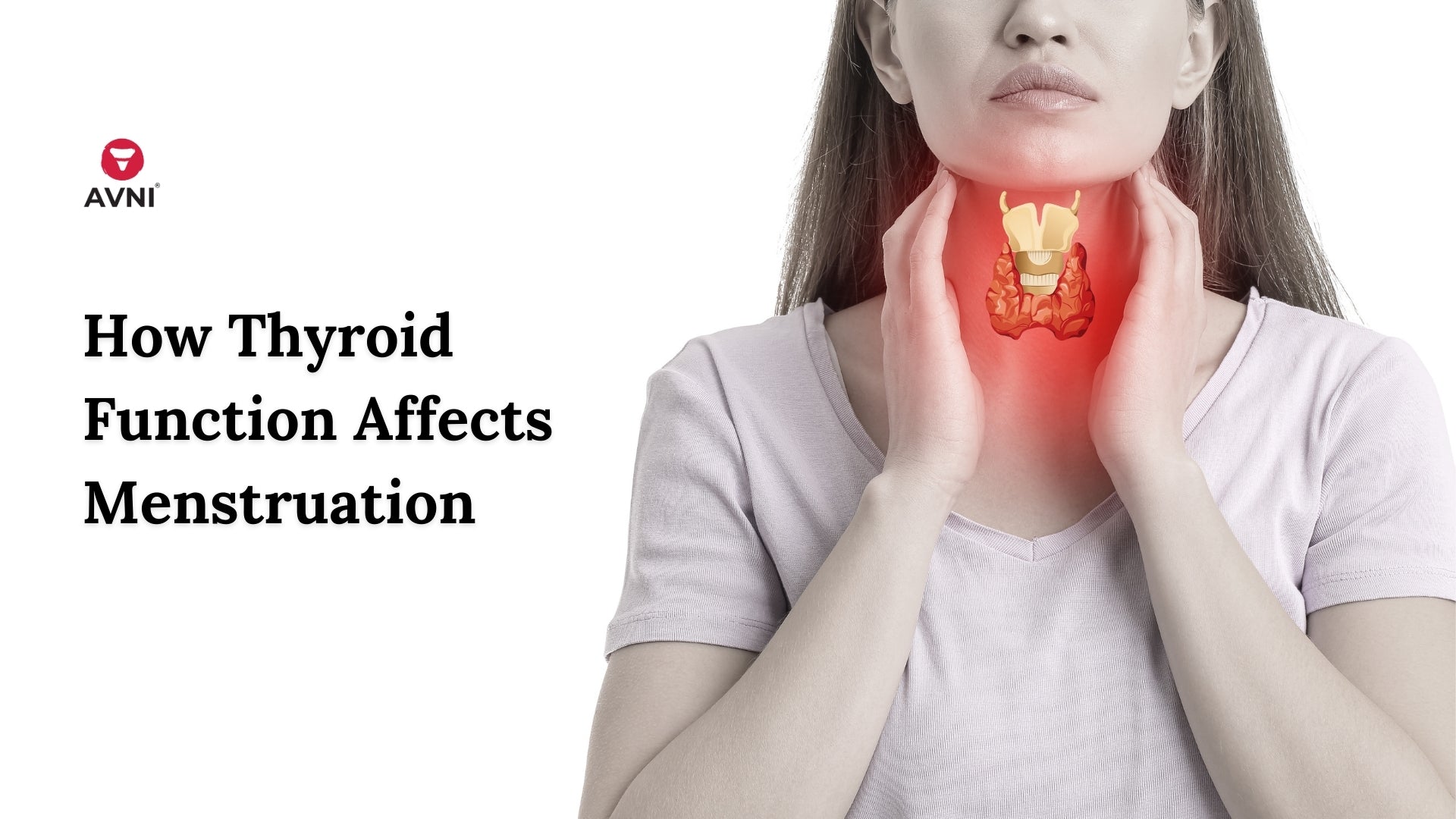
The Sleep-Period Sync: How missing on good a sleep affects your menstrual cycle
As per a report by the Journal of Sleep Research, menstruating women who sleep for less than 6 hours per night are more likely to be affected by irregular periods and experience uncomfortably heavier flows.
Sleeping patterns or lack thereof have a lot of impact on menstrual cycles. Mainly because sleep helps the body recuperate, hormone levels to equalize and overall, empower the overall functioning to reset.
The importance of sleep for your periods
Circadian rhythm allows your body to know that it is going on the right track.Good quality sleep regulates cortisol, melatonin, leptin, TSH and insulin that help manage your body’s circadian rhythm. Lack of good quality sleep can throw your body system out of whack.
Cortisol: Also known as the stress hormone, cortisol goes into overdrive when the body fails to get adequate amounts of rest. As a result, the body progesterone is released which interferes with regular menstrual flow, thus hampering the entire cycle.
Leptin: Leptin is important to maintain a healthy ovulation process. Interrupted sleep cycle interferes with leptin production, leading to a disrupted ovulation and therefore, irregular periods.
Insulin: Insulin is responsible for a healthy metabolism. Lack of sleep reduces sensitivity to insulin which triggers intake of food. This unhealthy consumption leads to weight gain and therefore, messes with menstrual regularity and other lifestyle diseases.
Sleeping poorly is known to affect reproductive hormones which influence menstruation as well as ovulation. Not having long term sleep directly affects the regulation of a luteinizing hormone which triggers ovulation as a part of the menstrual cycle. Not having this hormone function effectively can lead to menstrual irregularities.
In addition to regulating your menstrual cycle, lack of sleep also affects mental and psychological well-being. Not having enough sleep leads to mood swings and irritability which disrupts emotional well-being.
Unstable emotional health worsens menstrual irregularities and sets of a negative chain. Unfortunately, 14.2% of adult women aged 19–54 years usually experience irregular periods as a result of stress.
How to improve sleep quality?
Sleep does not only depend on your surroundings but your mental as well as physical well-being. Here are some tips that you can implement everyday to ensure uninterrupted good quality sleep.
Conduct daily emotional check-ins
This should be an everyday activity where you spend some time with yourself, assessing your emotions, even noting them down and acknowledging them. Sometimes, simple realizations help us understand if we are on the right track, or should we slow down from the daily grind. Keeping yourself accountable for your emotions while indulging in gentle acknowledgement helps keep your heart and mind steady. A peaceful mind is more likely to sleep better than a turbulent one.
Engage in physical activities
In this case, you need to up your physical activities and engagement. Indulging in sports, recreational activities like walking your dog or playing catch with your children / family members can up your physical movements. It is important to strain your body just a bit so that it feels tired and is in natural need of rest. Physical activities signal the brain to accept sleep in order to allow the body to recuperate.
Get ample sunlight
We have spoken about circadian rhythm. This natural rhythm of the body heavily depends on sunlight where it indicates whether a body should get alert and ready for work, or if it should wind down and prepare for rest. This natural signaling allows the body to prepare itself for sleep at the end of the day, triggering it to sleep. Ample rest equated to regular periods and the perfect menstrual health.
Final Takeaway
Our body forms a beautiful loop of activities which when disrupted, upsets the whole cycle. Sleep is one piece of this process that has the power to disrupt the whole body cycle, including the menstrual cycle.
In addition to good food, good quality sleep and physical exercise will ensure that your body is following its natural abilities.
In case your periods continue to be irregular, despite a regular schedule, it is maybe time to visit your doctor and look for medical explanations.




Leave a comment
This site is protected by hCaptcha and the hCaptcha Privacy Policy and Terms of Service apply.